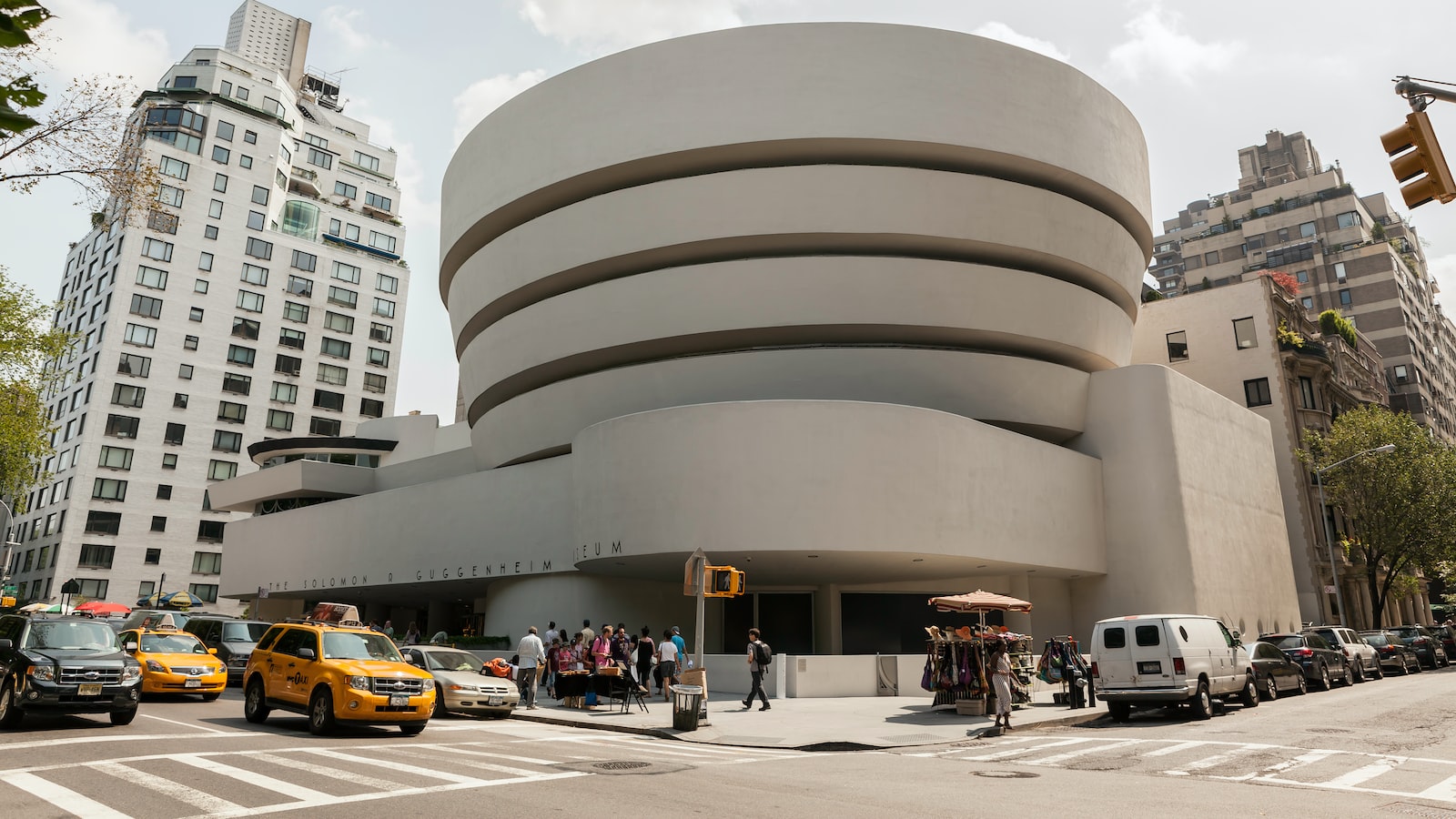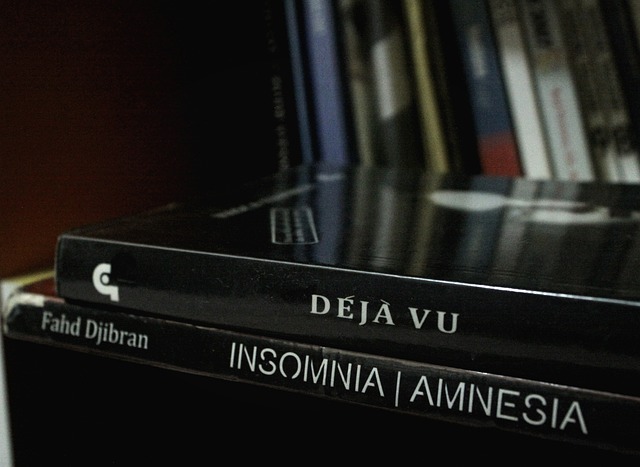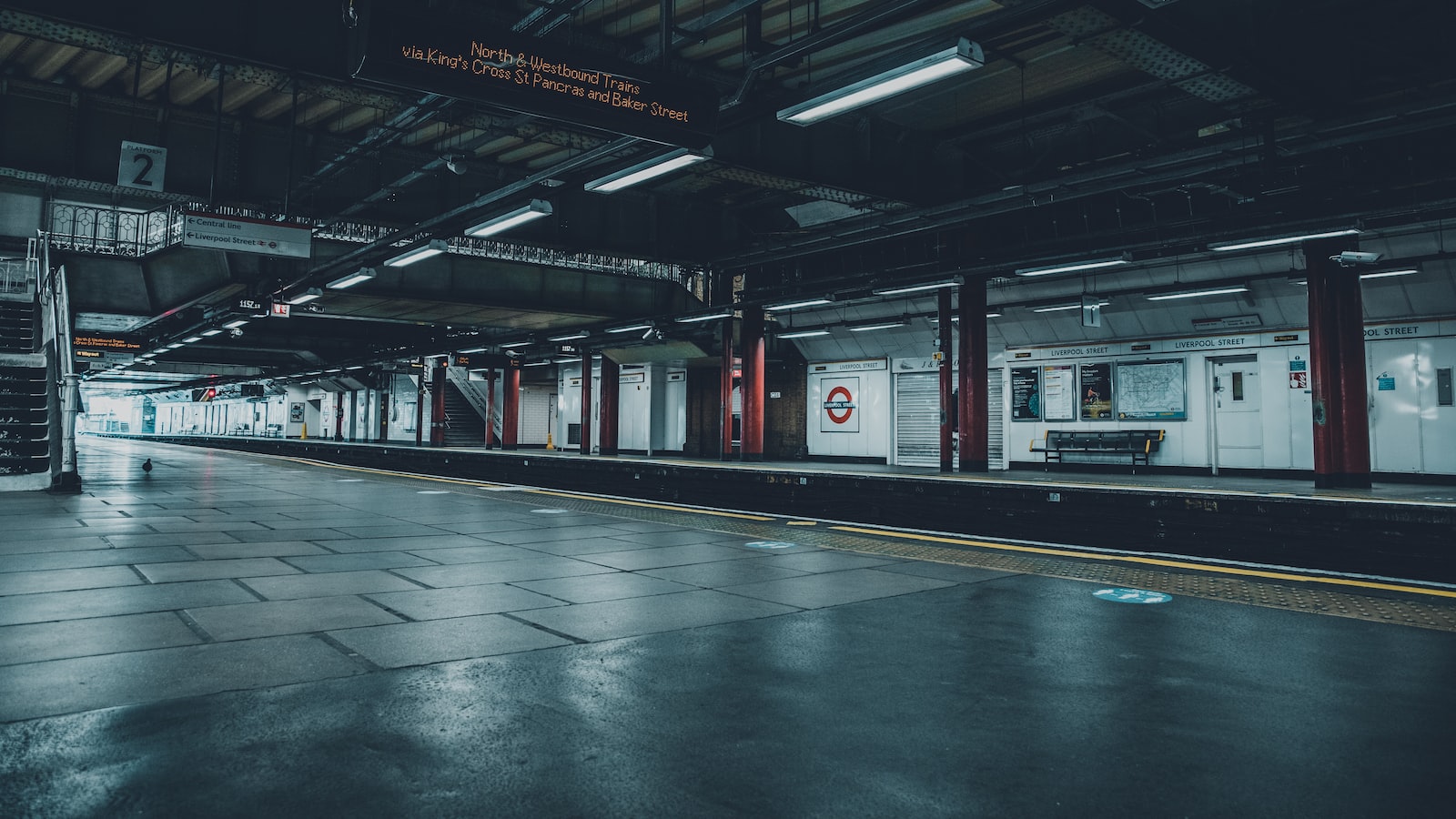Why Do I Get Déjà Vu So Much?
Have you ever experienced déjà vu, the feeling that a current moment or situation has happened before? It’s an odd feeling; one that is both mysterious and overwhelming. If you’re someone who experiences déjà vu often, you may be wondering why this is the case. In this article, we will be examining why déjà vu happens so frequently, and what causes it.
1. What is Déjà Vu?
Déjà vu is a French term which literally translates to “already seen”, and despite popular belief is more than just feeling like you’ve experienced something before. It’s a conscious memory which makes you feel like you’ve experienced the situation already and with some familiarity. A feeling of familiarity that you cannot explain away.
It’s a phenomenon which often leaves people feeling unsettled and confused in the moment, but deep down, with a feeling of mystery and curiosity. Often, it’s impossible to explain why it’s happening or how the situation has previously been experienced.
The déjà vu experience can be broken down into some of the following features:
- Visually familiar environment
- Authenticity
- Completeness
- Unreality
- The feeling of recollection
Most people experience déjà vu at some point or another in their lives, and although the experience is rare, many people have it more than once. It can occur in any situation, often seemingly unrelated with no clear cause or explanation.

2. What Causes Déjà Vu?
There is a lot of debate about the exact cause for déjà vu but most experts agree that it has to do with the way our memories are processed. According to a piece in Psychology Today, it is typically due to a brief lag between when an experience is recognized and when it is stored in our short-term memory.
Here are some of the potential causes of déjà vu to consider:
- The sensation of familiarity you get may be due to an unconscious psychological connection. There are certain features of an experience that stand out, like a place, person, or smell, that may bring you back to a place that you originated from.
- It could be that you have experienced something similar to what you think is déjà vu, and your brain is trying to make sense of it.
- Sometimes a dream or a memory from the past can mislead us into thinking that something is familiar when it actually isn’t.
- It could also be that your senses are picking up too much information in too short of a time. When this happens, your brain is unable to distinguish between what’s currently happening and something that has already happened
On the whole, déjà vu is often down to our brains playing tricks on us, catching us out with our need for familiarity and reassurance in new experiences.

3. How Can I Prevent Déjà Vu?
Since the exact science behind déjà vu is not exactly clear, prevention can be tricky. Below are some general tips you can use to reduce the occurrence of déjà vu:
- Stay organized. Try to keep a consistent routine, plan things in advance, reduce stress, manage your time well and keep your environment tidy. This can help create a better structure in your life, and help you connect memories more easily.
- Stay present. Take the time to notice and remember all details as they are happening. Avoid daydreaming, minimizing distractions, and paying attention to your senses.
- Get enough rest. Make sure you get the proper amount of sleep so that your cognitive abilities are working properly; this can help reduce the occurrence of déjà vu.
- Practice mindfulness. Being mindful is a form of awareness, where you take a step back and observe all aspects of present moments. This can help to create a stronger connection between memories making déjà vu less likely.

4. What Should I Do if I Experience Déjà Vu?
If you’re experiencing déjà vu more frequently than usual, it could be an indication of something more serious going on with your mental health. It’s always good to be aware of it and to seek help if that’s the case. Otherwise, here are some things you can do to handle déjà vu:
- Breathe: When you experience déjà vu, take a few seconds to close your eyes and focus on your breathing. It will help you to be in the present moment and move past the experience.
- Move your body: Go for a walk outside, do some yoga, or dance around your room – anything that will help you to move your body and give you an outlet for the strange feeling.
- Analyze the feeling: Think about the déjà vu experience and identify any patterns or triggers that can help you to understand why it manifested. Try to process and learn from it.
- Talk to someone: It always helps to talk to someone you trust and who can offer a listening ear. Explain the experience and bring yourself back to the present.
It’s important to face and understand why you experience so much déjà vu in order to move past it. Making changes to your lifestyle and self-care habits can help you to reach a place of inner balance.
Conclusion
If you are constantly being hit with déjà vu, you might feel like you’re stuck in an infinite loop, but don’t worry, you’re not! Hopefully this article has shed some light on why déjà vu happens more often for some people than others. And with a bit of practice, you may find yourself better equipped to grapple with the strange phenomenon that is déjà vu.
